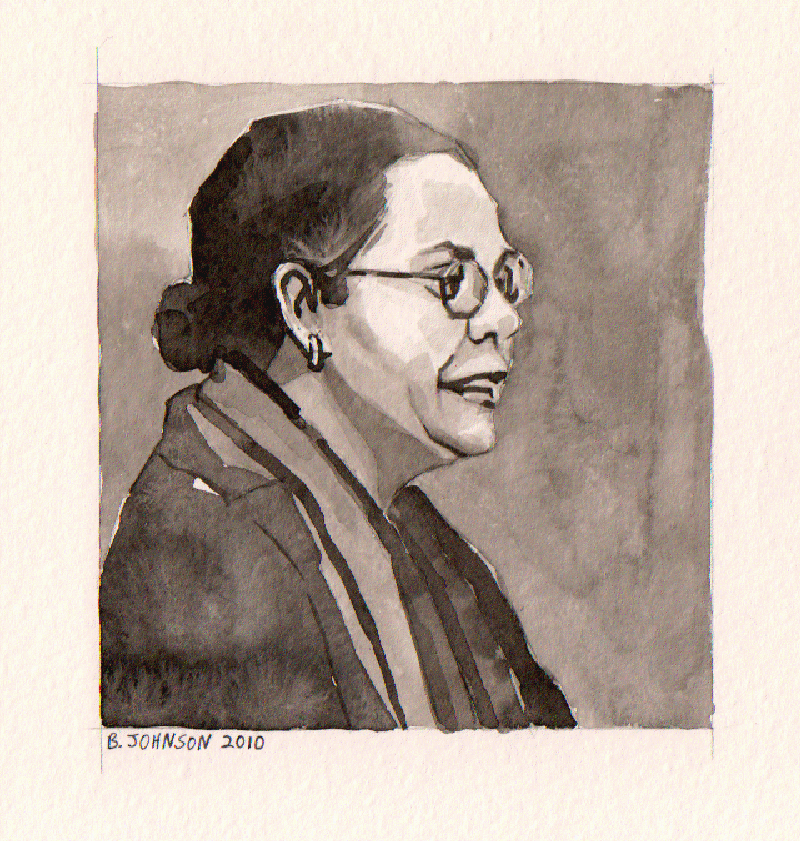Libertarian Communist Federation, March 15th, 2012
Randy Lowens interviews bell hooks: “In June of 2009, bell hooks agreed to be interviewed. She generously waived the fee ordinarily charged from for-profit publications. We met at a local coffee shop and, over bagels and espresso drinks, discussed her books, politics and thoughts on recent events such as the economic downturn.
“I found her as forthright in person as on the page and with a subtle wit not always apparent (to me) in her writing. For example, after the interview we were approached by a local lawyer who was curious what publication she was being interviewed for. She cut her eyes at me and said, “Tell the man who the interview is for.” Upon learning I was anarchist, the lawyer mouthed familiar clichés about disorganization. hooks, a hint of a grin playing at the corners of her mouth, responded, “Yes, yes, it’s all about license for the individual!””
This interview was conducted by Randy Lowens, the pen name of Don Jennings, who passed away March 8, 2012, in Richmond, Kentucky.
How Do You Practice Intersectionalism? An Interview with bell hooks
Randy: We’re interviewing bell hooks, author of Feminist Theory: From Margin to Center; Outlaw Culture: Resisting Representations and numerous other titles. You’re known to be a prolific author: do you have a personal favorite? Is there any one title that someone unfamiliar with your work should read first?
hooks: My work is so eclectic; it spans such a broad spectrum. I guess if you look at my children’s books, I like Be Boy Buzz the best. If you look at the love books, I like All About Love the best. If you look at the theory books, Where We Stand: Class Matters is one of my favorites. It’s a good thing not to have to choose one. I think part of Western metaphysical dualism is, we’re always being asked to choose one over the other. I’m lucky. I think it’s good that I have a body of work that addresses different things in different ways.
Randy: You don’t capitalize your name? Why is that?
hooks: When the feminist movement was at its zenith in the late 60’s and early 70’s, there was a lot of moving away from the idea of the person. It was: let’s talk about the ideas behind the work, and the people matter less. It was kind of a gimmicky thing, but lots of feminist women were doing it. Many of us took the names of our female ancestors—bell hooks is my maternal great grandmother—to honor them and debunk the notion that we were these unique, exceptional women. We wanted to say, actually, we were the products of the women who’d gone before us.


